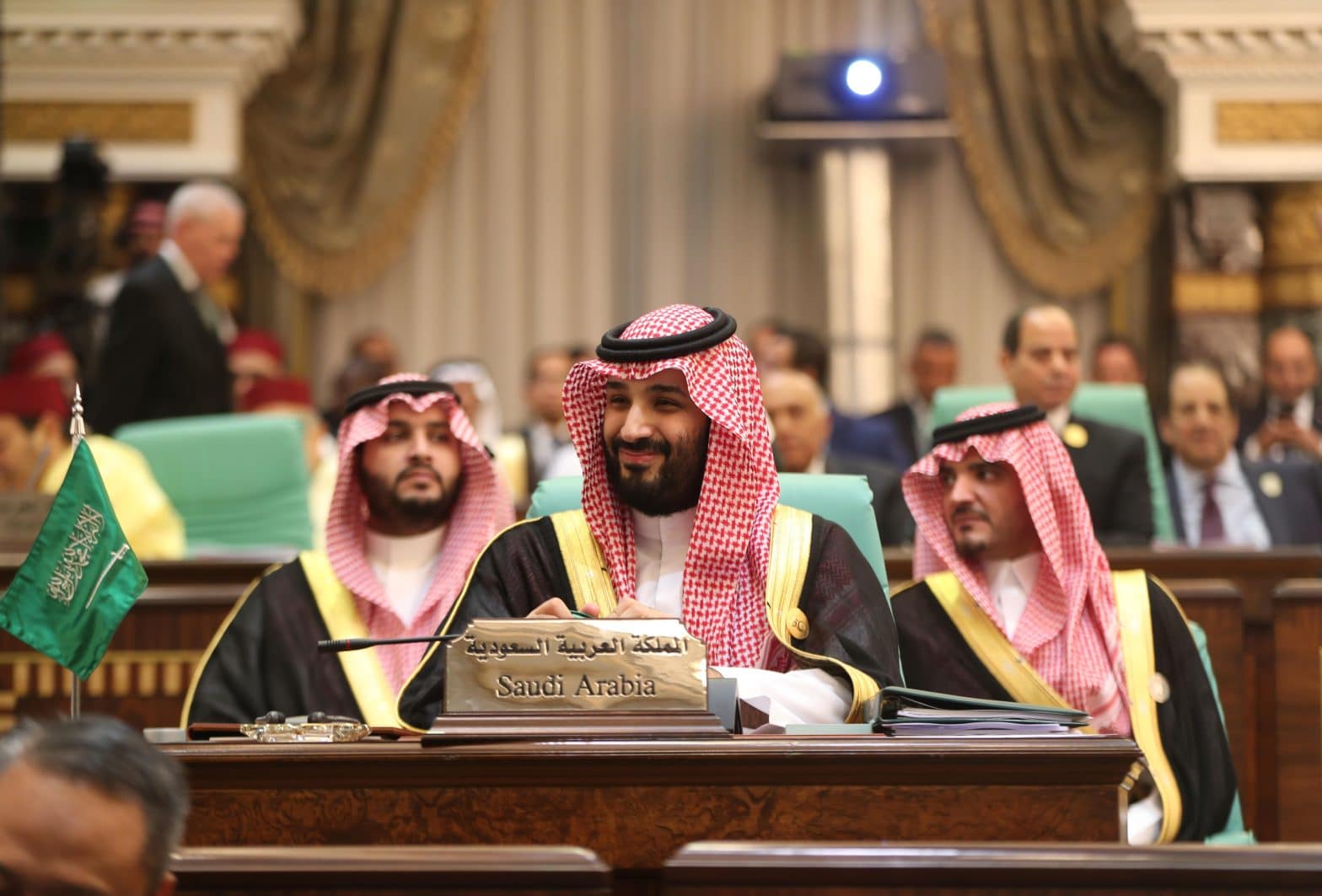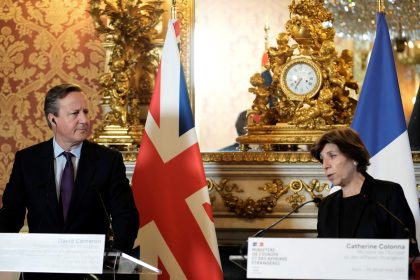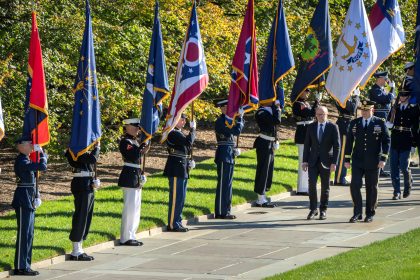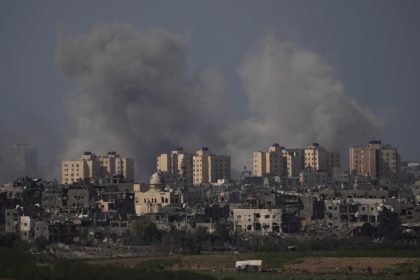US-Saudi Alliance Faces Increased Scrutiny Over MBS Behavior

WASHINGTON – The strategic alliance between the United States and the Kingdom of Saudi Arabia dates back to World War II, though the primary focus in the early years of the relationship at that time was oil.
The alliance between Washington and Riyadh has since changed, particularly following Iran’s 1979 Islamic Revolution, which left the kingdom as the primary U.S. ally in the region.
Throughout its history, the U.S.-Saudi relationship has had to overcome a number of severe challenges, but recent incidents under the leadership of Saudi Crown Prince Mohammed bin Salman, known by his initials MBS, may push the alliance to its breaking point as U.S. lawmakers are questioning America’s close ties to the kingdom.
A turning point, and cause for the current strain in the relationship, was certainly the brutal murder of Washington Post columnist Jamal Khashoggi at the Saudi consulate in Istanbul on Oct. 2.
The CIA reportedly concluded with a high level of confidence that MBS was likely directly involved in the death of the Saudi journalist. Khashoggi, who was a U.S. resident, was an outspoken critic of MBS.
“The leadership coming from MBS is not what I have envisioned. Imprisoning the Lebanese prime minister, taking all of your critics and throwing them in prison, the brutal murder of Mr. Khashoggi in Turkey, violating every norm of international behavior,” Senator Lindsey Graham, R-S.C., said in January.
A number of members of Congress have criticized President Donald Trump and his administration for failing to publicly call out MBS for his role in the Khashoggi killing.
Instead, the U.S. government approved the transfer of U.S. civil nuclear technology to Saudi Arabia, as well as expediting 22 arms sales to Saudi Arabia and the United Arab Emirates following an emergency declaration, therefore effectively circumventing Congress’ oversight authority.
“While I understand that Saudi Arabia is a strategic ally, the behavior of Mohammed bin Salman cannot be ignored. Now is not the time to do business as usual with Saudi Arabia,” Graham, who is part of a group of senators trying to block the $8.1 billion arms deal, said in a press release last week.
The group raised concerns over the arms deal amid reports that the Saudi-led coalition deliberately targeting civilians in Yemen with U.S. weapons.
“The war in Yemen — and America’s role in it— have been a major focus of this committee since the start of the Congress,” House Foreign Affairs Committee Chairman Eliot Engel, D-N.Y., said during a Capitol Hill hearing on Wednesday. “I’ve made my views clear: while our Gulf partners have legitimate security concerns, the coalition’s war effort has been reckless. We’ve heard too many heartbreaking reports about hospitals, school buses, weddings, and funerals wiped out in a fiery flash of destruction.”
On August 9, 2018, coalition warplanes bombed a school bus near a market in the northern Yemeni town of Dahyan, killing 54 people, 44 of them children.
Advocacy group Human Rights Watch, after interviewing several eyewitnesses, called the attack an “apparent war crime” because “there was no evident military target in the market at the time.” The munitions used by the Saudis was supplied by the United States— a 500-pound laser-guided bomb made by Lockheed Martin, according to reports.
“Countries should immediately halt weapons sales to Saudi Arabia and support strengthening a United Nations independent inquiry into violations by all parties to Yemen’s armed conflict,” the human rights group said in a statement.
Despite all these issues, not to mention other human rights violations in Saudi Arabia, the U.S. can’t simply pull the plug on its ally.
“I don’t think there’s a black-and-white answer for the U.S., in terms of dealing with a country like Saudi Arabia. I would say, however, that there is a very serious crisis of leadership and decision-making in Saudi Arabia that is putting the alliance in jeopardy,” Paul Salem, president of the Middle East Institute in Washington, D.C., told Vox.
While U.S. lawmakers are demanding accountability from Saudi’s crown prince, the Trump administration sees the kingdom as an invaluable partner in stabilizing the region and countering Iranian aggression.
























